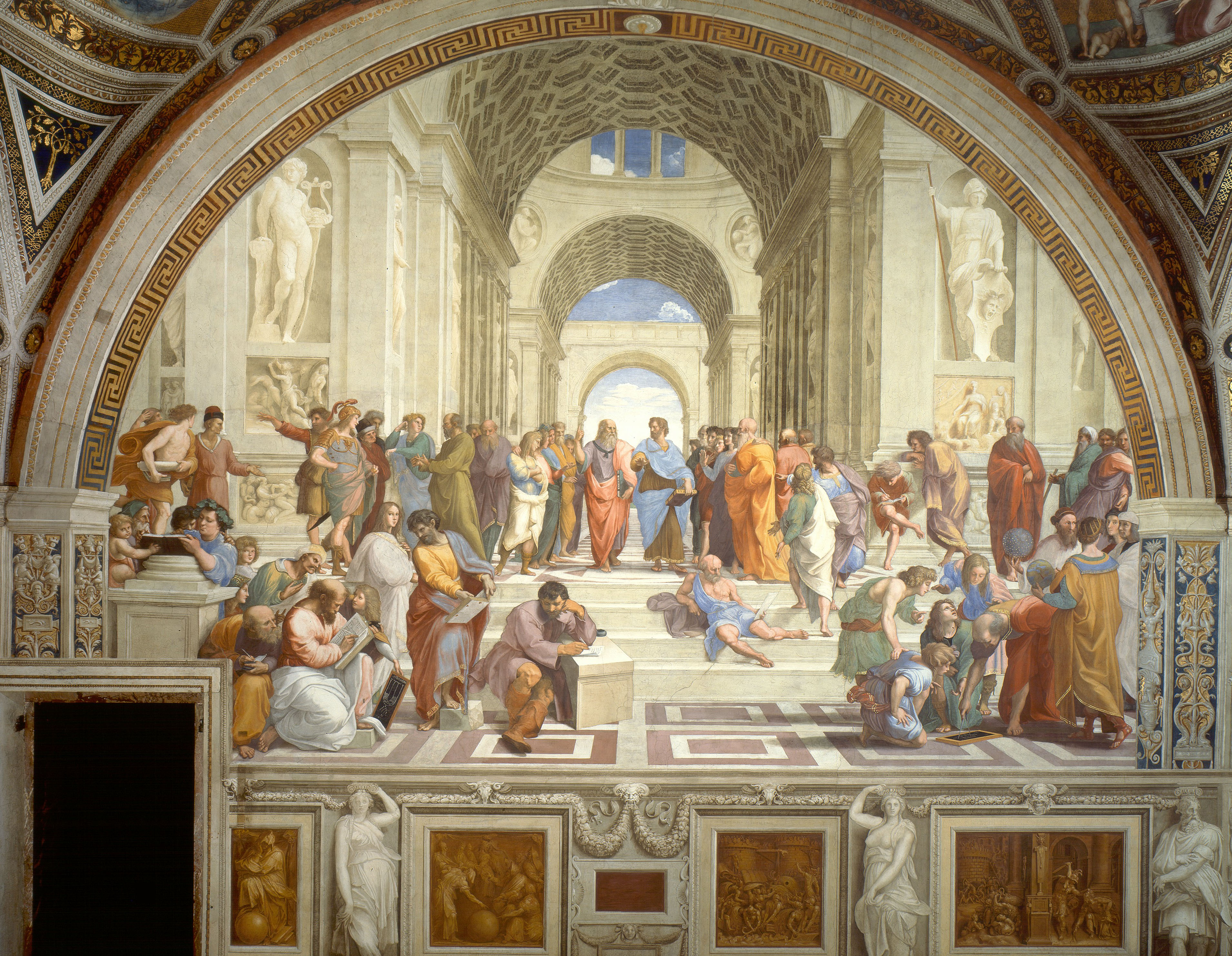We cannot attribute the present decline [in the humanities] to some change in historical circumstance. Writing a commentary on Virgil is just as useless now as it was in the year 450. The reality is that the humanities have always been about courtoisie, a constellation of interests, tastes, and prejudices which marks one as a member of a particular class….
So too the humanists of the fifteenth and sixteenth century—the ones who helped ease us away from the arts to the studia humanitatis. They formed a certain class marked by a certain set of tastes and interests, entangled with church and state, but notionally with some sense of identity as being part of something else as well. So too the Republic of Letters of the seventeenth and eighteenth century, which put into practice (not always successfully) the idea that membership in this transnational class could even cut across confessional lines….
It remains true today. Deep down, what most humanists value about the humanities is that it gives them participation in a community in which they can share similar tastes in reading, art, food, travel, music, media, and yes, politics…. As teachers, what humanists want most of all is to initiate their students into that class. Despite occasional conservative paranoia, there is not some sinister academic plot to brainwash students with liberal dogma. Instead, humanists are doing what they have always done, trying to bring students into a class loosely defined around a broad constellation of judgments and tastes….
The mere existence of a class is, however, not a case for its existence in society as a whole. Professors as a class would hardly be the most popular members of society, particularly among some demographics. Telling the state and the people that they should continue to support higher education in order to turn out more people like the professorial class is rather unlikely to generate any enthusiasm. But it goes further: justifying the tastes and prejudices of that class without reference to the internal logic of the arts themselves is impossible. The justification for the humanities only makes sense within a humanistic framework. Outside of it, there is simply no case….
The humanities have always been, just as their critics complain, self-contained, self-referential, and self-serving. Those tendencies are exactly what enabled the humanities to create a class that continued to demand them. People have read Virgil for two thousand years, and people have built institutions designed to facilitate the reading of Virgil.
h/t Alan Liu






Leave A Comment